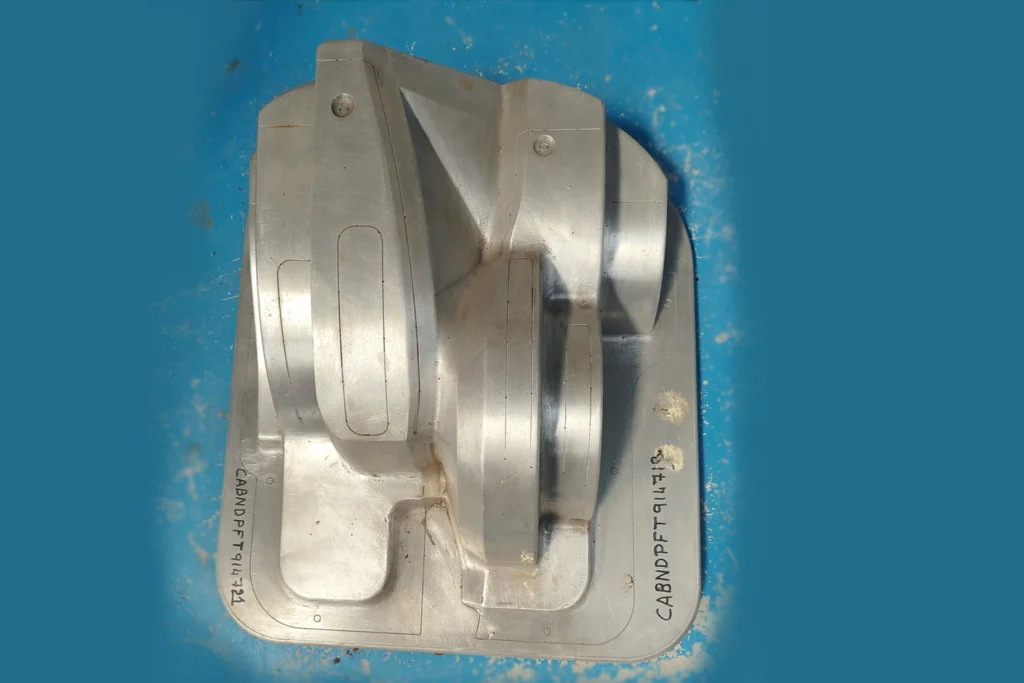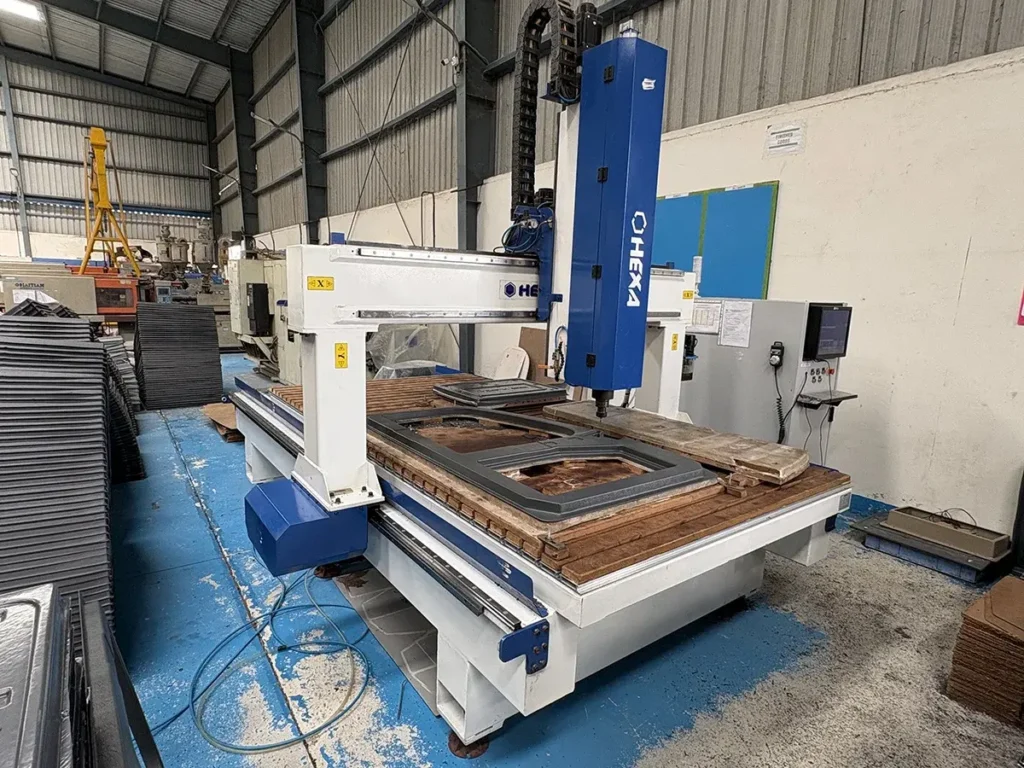
Precision CNC Machining for Injection Moulds: Dhanya offers industry-leading solutions in Precision CNC Machining for Injection Moulds, catering to everything from low-volume start-ups and low-cost tooling to high-volume and large-format production capability, the extensive scope of the routering and CNC machining and plastic services on offer make Dhanya the ideal choice for any project.
At Dhanya, we are at the forefront of mould manufacturing, leveraging the power of cutting-edge CNC machining to deliver exceptional precision and quality in every mould we create. Our state-of-the-art CNC machinery forms the bedrock of our mould development process, enabling us to transform your complex designs into high-performing, durable tools for a wide range of applications.
While our expertise lies in crafting high-precision moulds using CNC machining, the same advanced technology is also exceptionally adept at precision plastic cutting. Our state-of-the-art CNC machine can be directly employed to cut a wide variety of plastic materials with remarkable accuracy, speed, and consistency.

While our primary focus is on crafting precision moulds, our advanced CNC machining capabilities extend to offering high-quality wooden pattern making services. We utilize our CNC machines to create accurate and intricate wooden patterns Wooden patterns for quick proto-part development , leveraging the same precision and expertise that define our mould development process.
Frequently Asked Questions
CNC machining is a subtractive manufacturing process where computer-controlled tools cut, drill, and shape plastic blocks into precise components. It’s ideal for prototyping, custom parts, and low-volume production.
- Engineering Plastics: ABS, Nylon (PA), PEEK, Polycarbonate (PC).
- Commodity Plastics: Acrylic (PMMA), HDPE, PTFE (Teflon®).
- No Tooling Costs: Ideal for prototypes/small batches.
- Tighter Tolerances: ±0.05–0.1mm precision.
- Material Flexibility: No melting required (good for heat-sensitive plastics).
- Medical: Surgical tools, device housings.
- Automotive: Lightweight brackets, sensor mounts.
- Aerospace: Insulation panels, drone components.
- Electronics: Custom enclosures, connectors.
Yes. 5-axis CNC machines produce intricate shapes like undercuts, threads, and internal channels unachievable with molding.
- As-Machined: Standard finish.
- Polished: For optical clarity (acrylic).
- Bead Blasting: Matte texture.
- Painting/Coating: Aesthetic or protective layers.
- Brittle Plastics (e.g., Acrylic): Require slower speeds to prevent cracking.
- Soft Plastics (e.g., HDPE): Need sharp tools to avoid burrs.
- Prototypes: 3–5 days.
- Production Runs: 1–3 weeks (depends on complexity and quantity).
Yes. No mold costs make it economical for 1–500 units, especially for high-precision or custom designs.
Standard formats include STEP, IGES, or STL (for 3D models).
